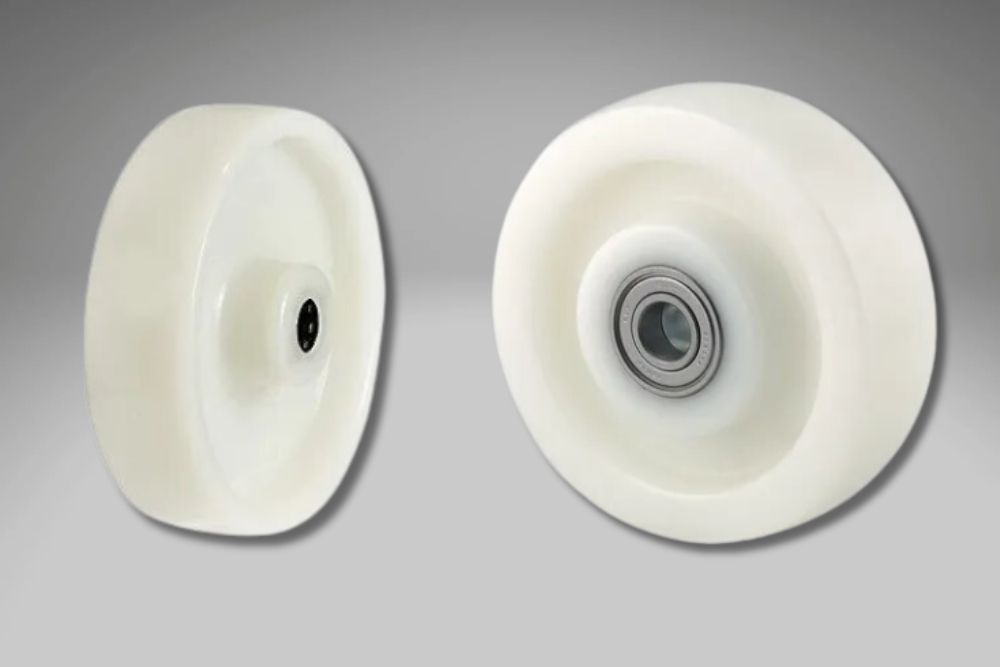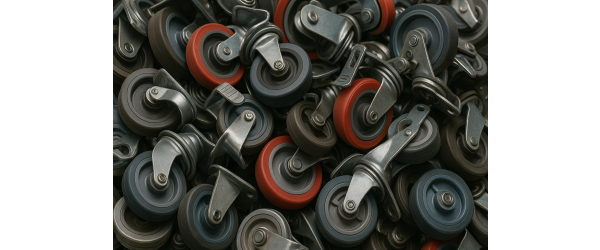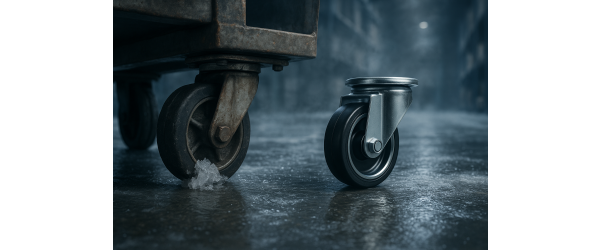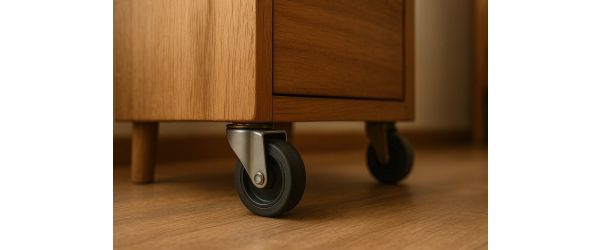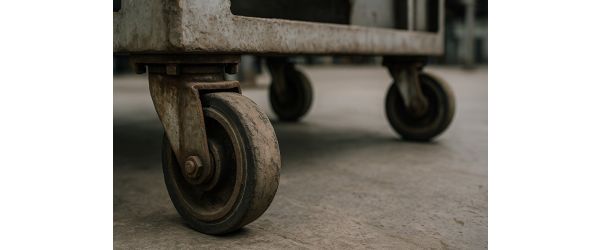When it comes to choosing the right castors for your equipment or furniture, understanding the differences between materials is crucial. Two common materials used in castor production are polypropylene and nylon. In this blog post, we'll delve into the characteristics of each material and explore the differences between polypropylene and nylon castors.
Polypropylene Castors
Polypropylene is a thermoplastic polymer known for its lightweight and durable properties. Polypropylene castors offer several advantages:
- Lightweight: Polypropylene is inherently lightweight, making polypropylene castors easy to handle and install.
- Corrosion Resistance: Polypropylene is resistant to corrosion, making it suitable for use in environments where exposure to moisture or chemicals is a concern.
- Cost-Effective: Polypropylene castors are often more cost-effective compared to other materials, making them an economical choice for budget-conscious applications.
Nylon Castors
Nylon is a versatile synthetic polymer known for its strength and resilience. Nylon castors offer the following benefits:
- High Load Capacity: Nylon is exceptionally strong and can withstand heavy loads, making nylon castors suitable for applications that require robust support.
- Abrasion Resistance: Nylon is resistant to abrasion and wear, ensuring longevity and durability even in high-traffic environments.
- Low Friction: Nylon has a low coefficient of friction, resulting in smooth and quiet operation, making nylon castors ideal for applications where noise reduction is important.
Differences Between Polypropylene and Nylon
- Strength: Nylon castors generally offer higher strength and load-bearing capacity compared to polypropylene castors, making them suitable for heavy-duty applications.
- Cost: Polypropylene castors are often more cost-effective than nylon castors, making them a preferred choice for applications where budget is a consideration.
- Corrosion Resistance: While both materials offer some degree of corrosion resistance, polypropylene may be better suited for applications where exposure to moisture or chemicals is a concern due to its inherent resistance to corrosion.
Conclusion
In summary, both polypropylene and nylon castors have their unique advantages and applications. Understanding the differences between these materials can help you make an informed decision when selecting castors for your specific needs. Whether you prioritise cost-effectiveness, strength, or corrosion resistance, Castors-Online offers a wide range of castors made from both polypropylene and nylon to meet your requirements.
For high-quality polypropylene and nylon castors, visit Castors-Online.co.uk and explore our extensive selection of castors designed for durability, performance, and value.
